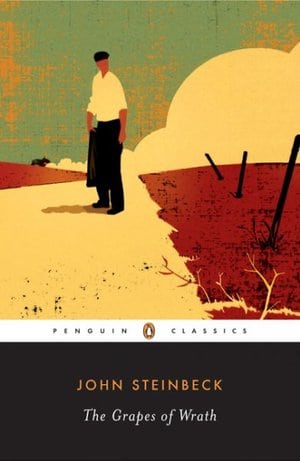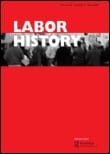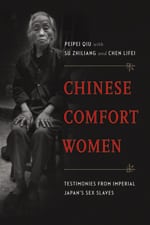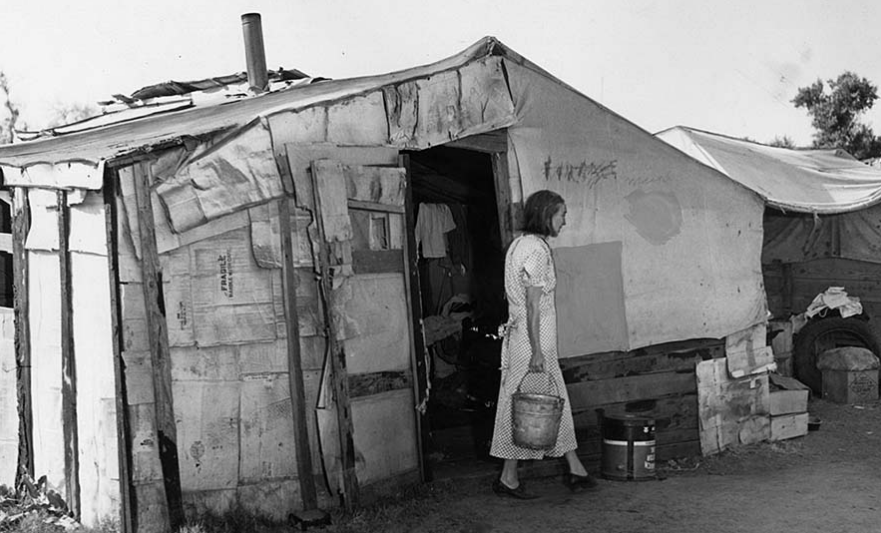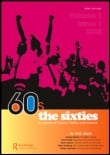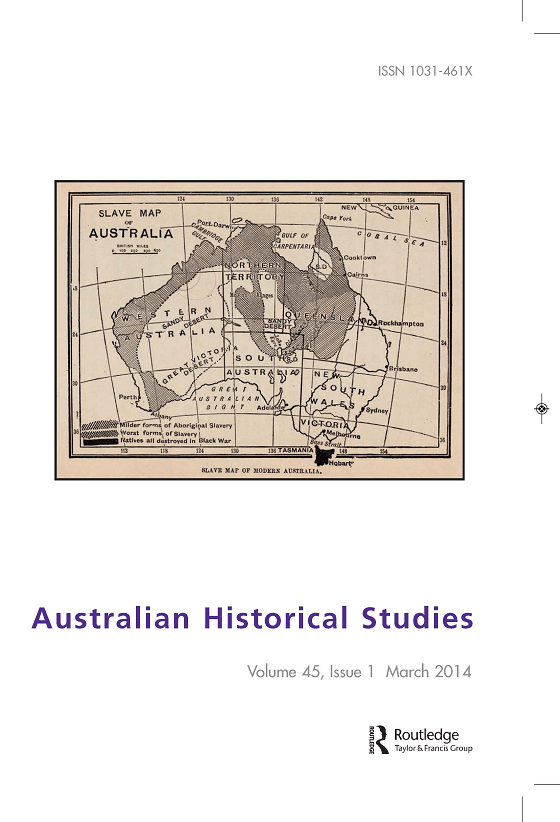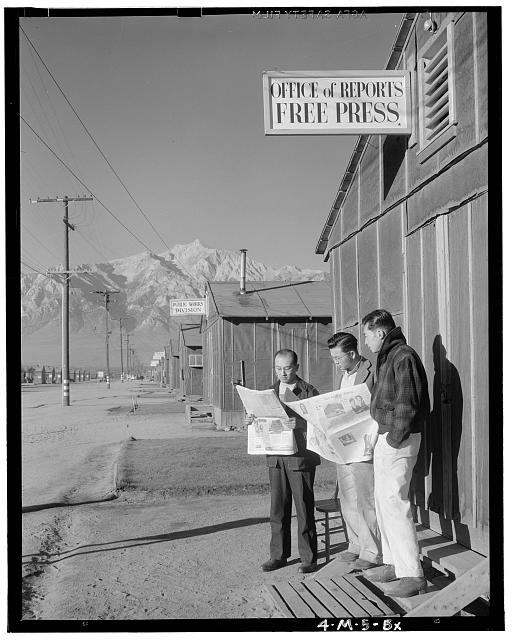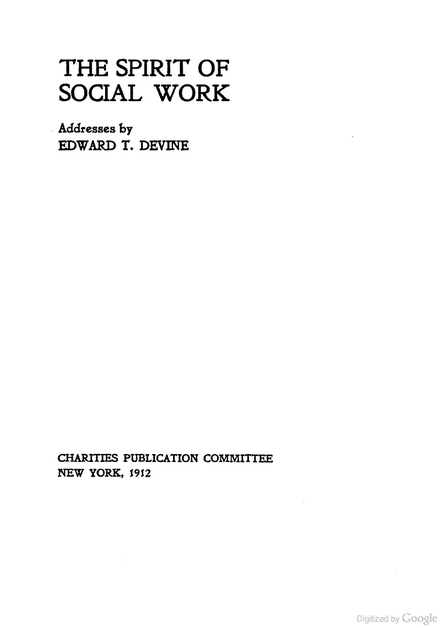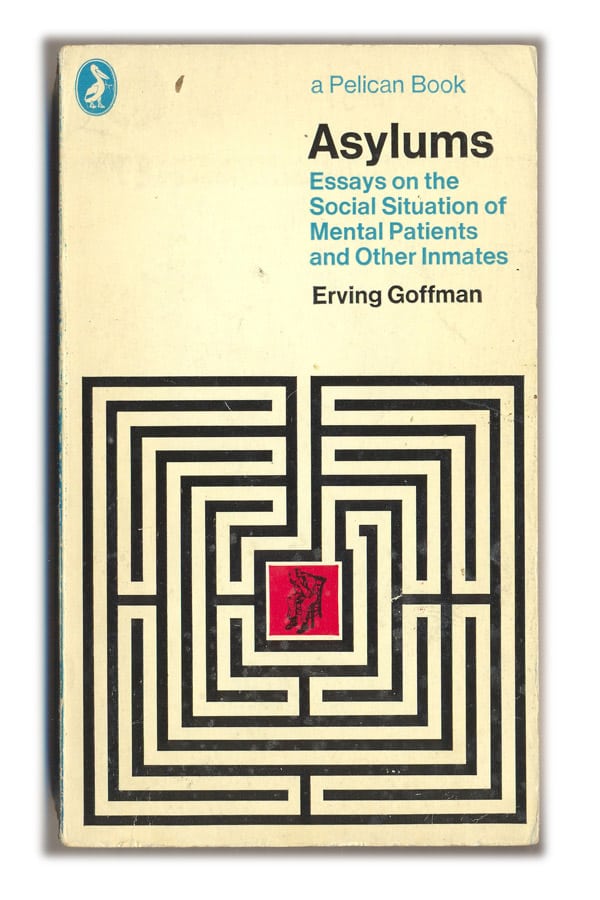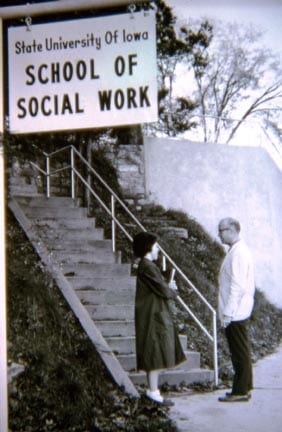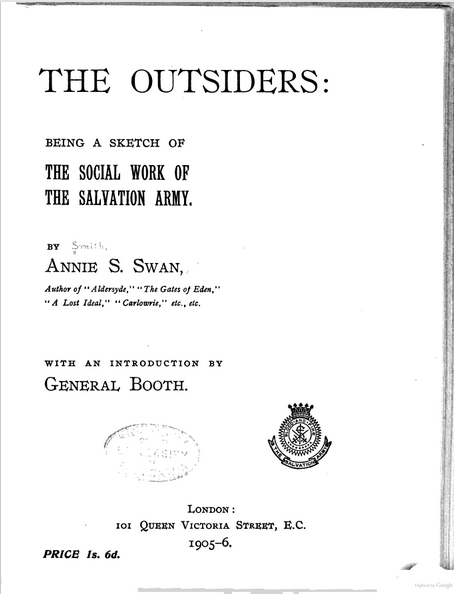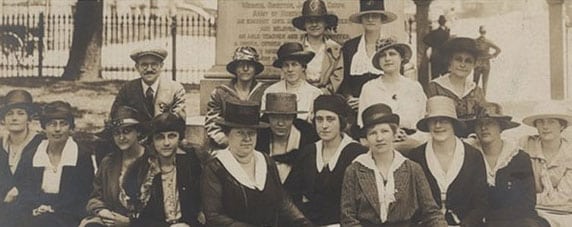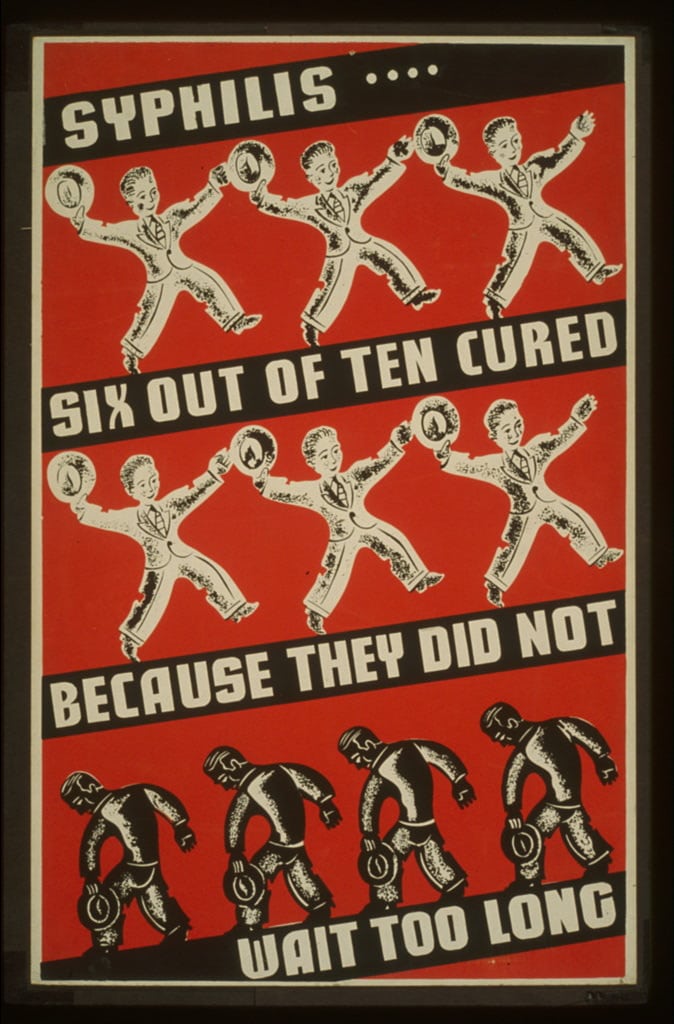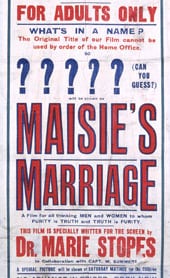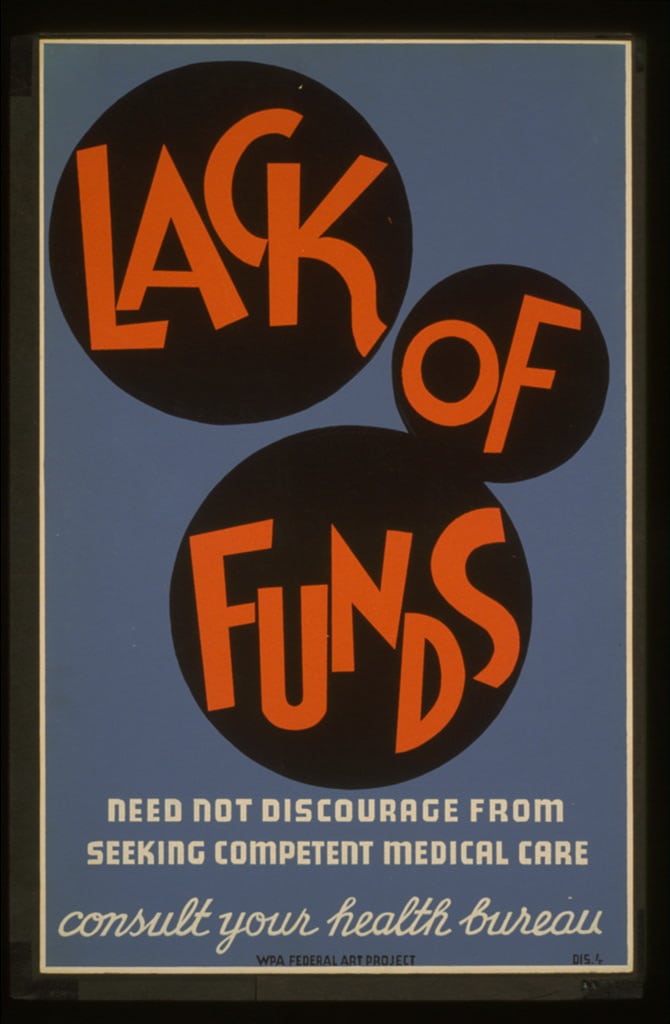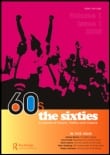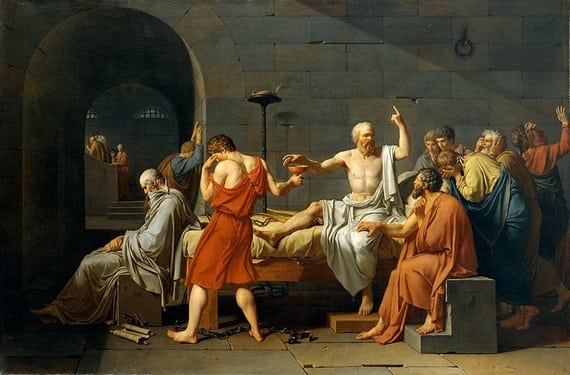‘Grapes Of Wrath’ Is 75, But Its Depictions Of Poverty Are Timeless
Tom Joad’s final words to his mother have echoed down the years, driven not in small part by Henry Fonda’s portrayal of Joad in the 1940 film version of the book.
“I’ll be all aroun’ in the dark,” Tom says. “I’ll be ever’where — wherever you look. Wherever they’s a fight so hungry people can eat, I’ll be there. Wherever they’s a cop beatin’ up a guy, I’ll be there. … I’ll be in the way guys yell when they’re mad an’ — I’ll be in the way kids laugh when they’re hungry and they know supper’s ready. An’ when our folks eat the stuff they raise an’ live in the houses they build — why, I’ll be there.”
Mining for the nation: the politics of Chile’s coal communities from the popular front to the Cold War
Chinese Comfort Women: Testimonies from Imperial Japan’s Sex Slaves
Chinese Comfort Women features the personal stories of the survivors of this devastating system of sexual enslavement. Offering insight into the conditions of these women’s lives prior to and after the war, it points to the social, cultural, and political environments that prolonged their suffering. Through personal narratives from twelve Chinese “comfort station” survivors, this book reveals the unfathomable atrocities committed against women during the war and correlates the proliferation of “comfort stations” with the progression of Japan’s military offensive. Drawing on investigative reports, local histories, and witness testimony, Chinese Comfort Women puts a human face on China’s war experience and on the injustices suffered by hundreds of thousands of Chinese women.
Hopes for Better Spouses: Protestant Marriage and Church Renewal in Early Modern Europe, India, and North America. By A. G. Roeber (Grand Rapids, William B. Eerdmans, 2013) 317 pp. $29.00
A History of Prejudice: Race, Caste and Difference in India and the United States
1937 tour of San Joaquin Valley indigent camps
Conflicting reports have come from the San Joaquin Valley picturing the plight of thousands of persons who have moved there since the devastating ravages of the dust storms, and to give readers of The Times an unbiased view of the situation a reporter and photographer were sent into the area.
Mental health admissions in paediatric populations in North Wales: two cohorts compared 1875–1924 and 1994–2008
Results: The incidence of admission to a mental health bed was 1.55 per year in the historical cohort compared with 2.9 in the contemporary. The overall incidence of admission to any bed in the contemporary cohort was 129 patients per year. There has been a twofold increase in the incidence of admissions for schizophrenia and related psychosis, but this most likely stems from an earlier age of admission rather than a true increase.
Food Will Win the War The Politics, Culture, and Science of Food on Canada’s Home Front
During the Second World War, as Canada struggled to provide its allies with food, public health officials warned that malnutrition could derail the war effort. Posters admonished Canadians to “Eat Right” because “Canada Needs You Strong” while cookbooks helped housewives become “housoldiers” through food rationing, menu substitutions, and household production. Ian Mosby explores the symbolic and material transformations that food and eating underwent as the Canadian state took unprecedented steps into the kitchens of the nation, changing the way women cooked, what their families ate, and how people thought about food. Canadians, in turn, rallied around food and nutrition to articulate new visions of citizenship for a new peacetime social order.

